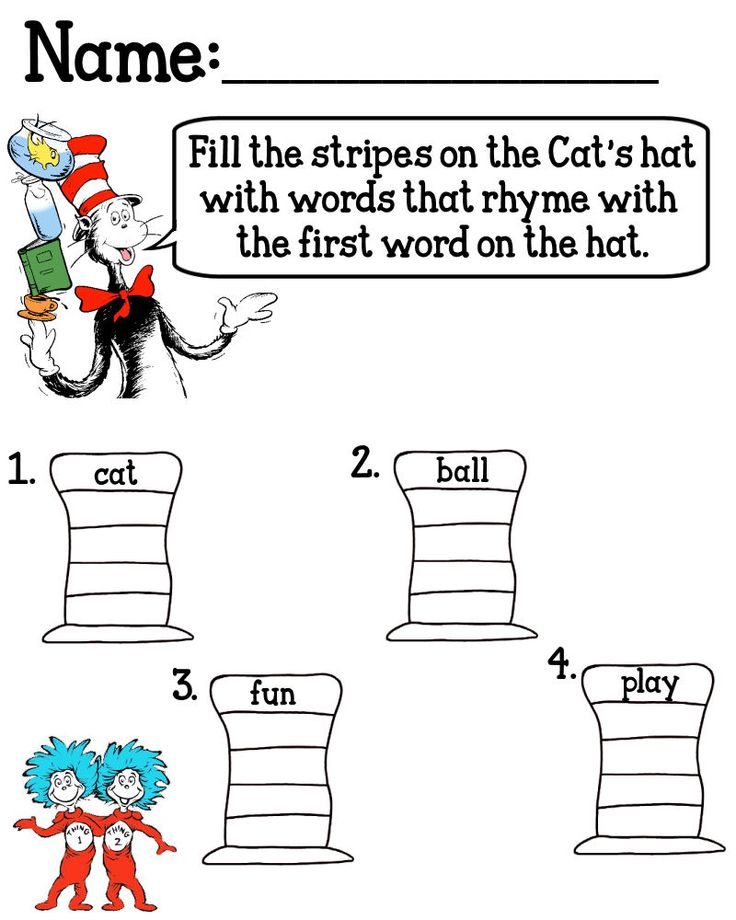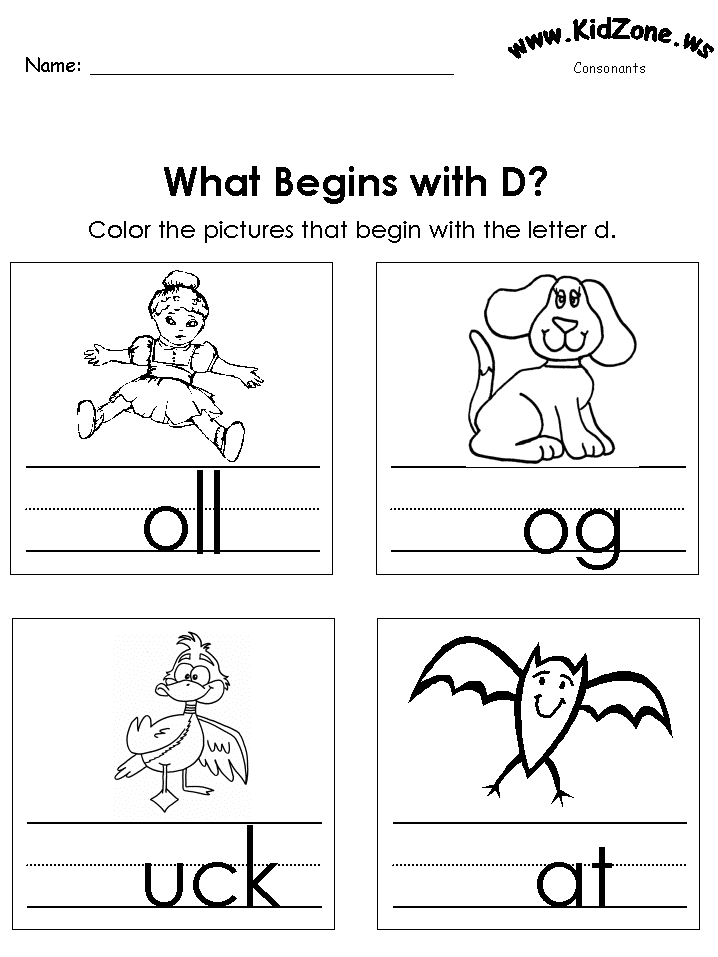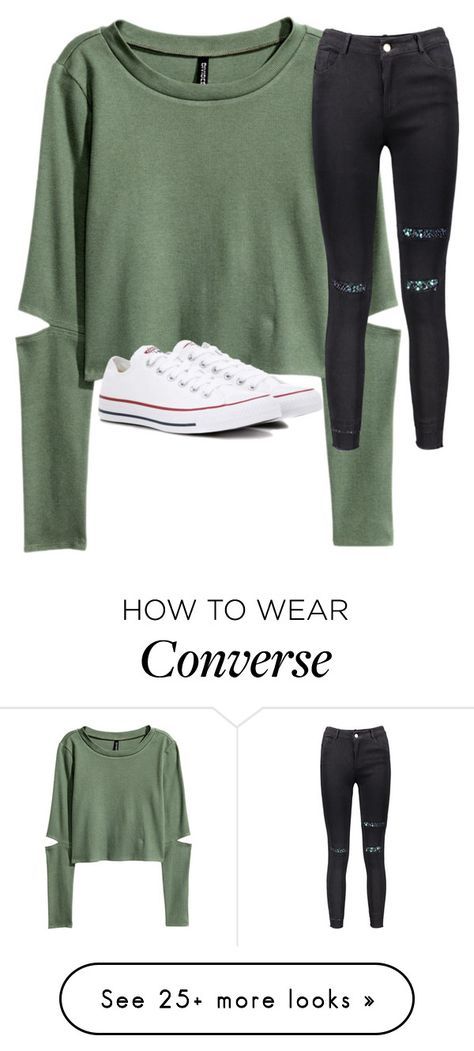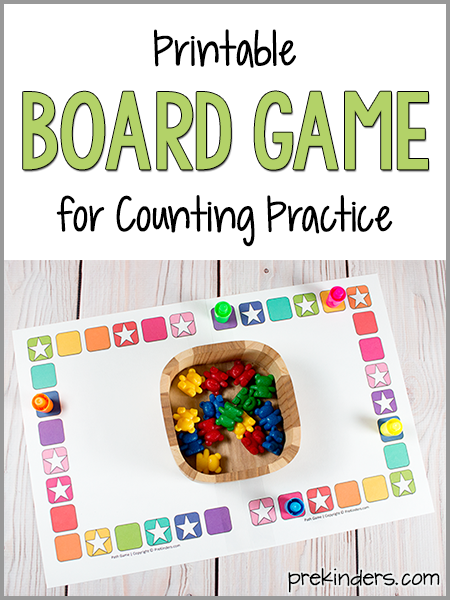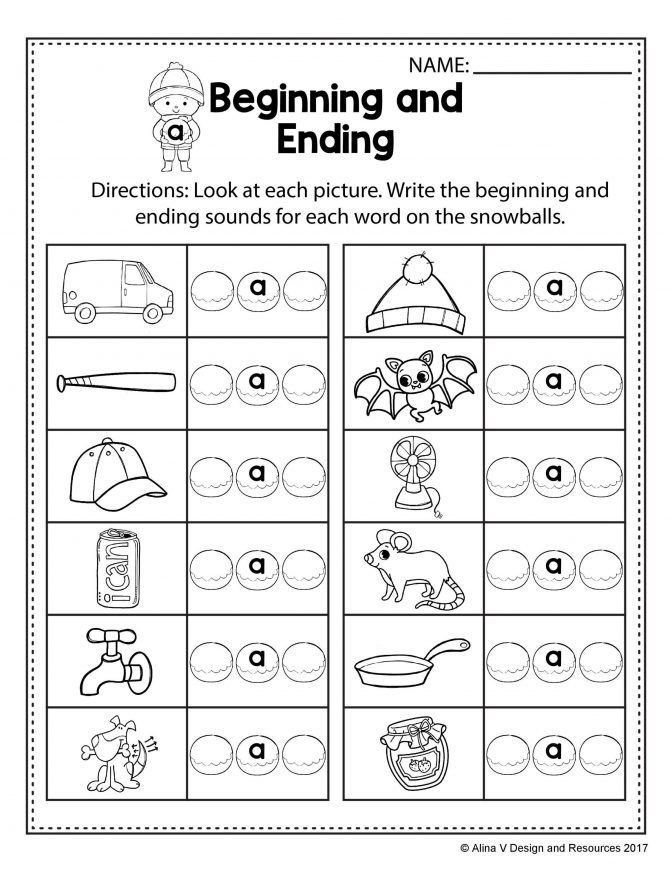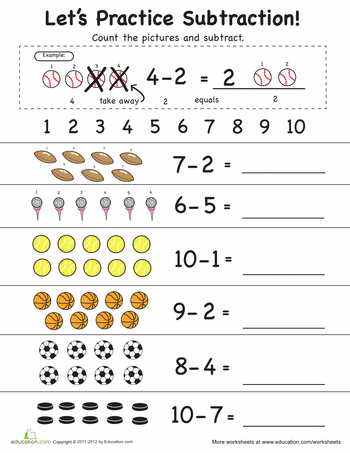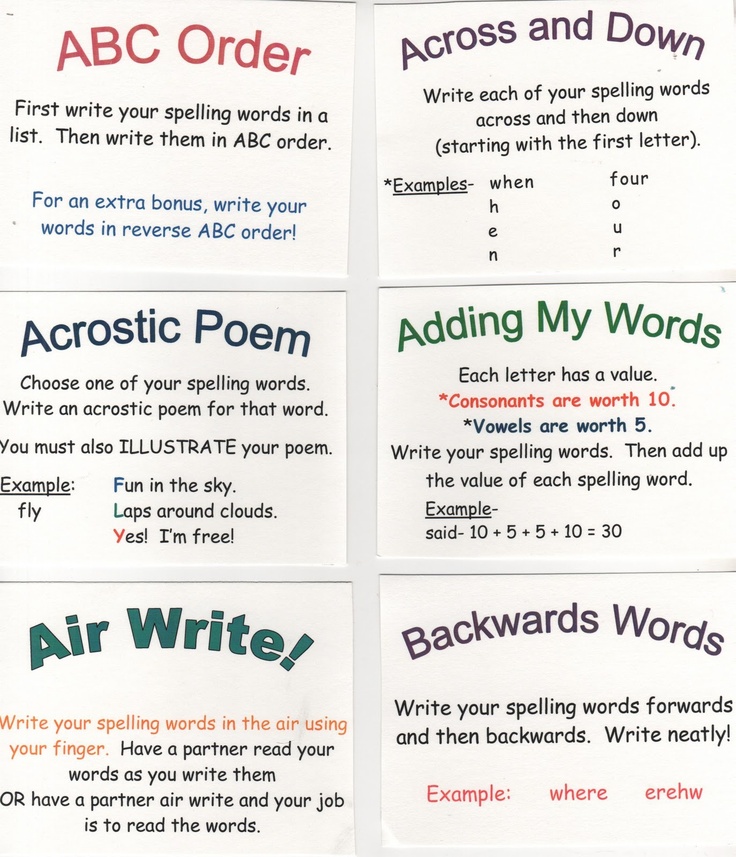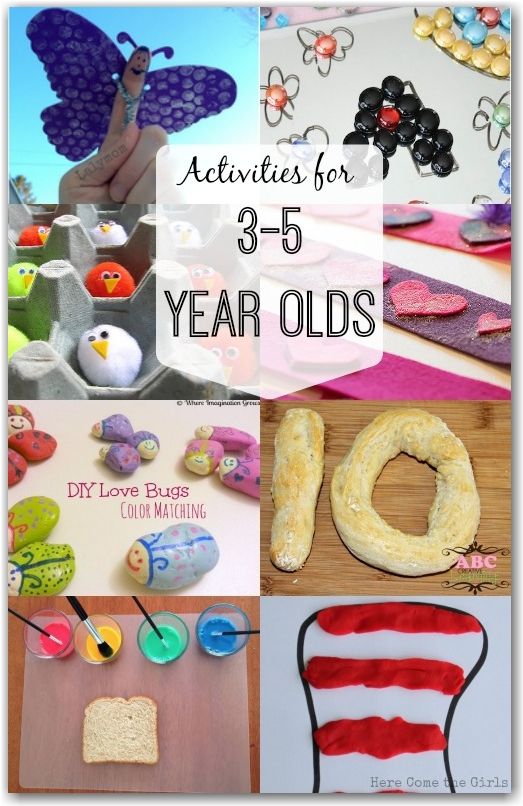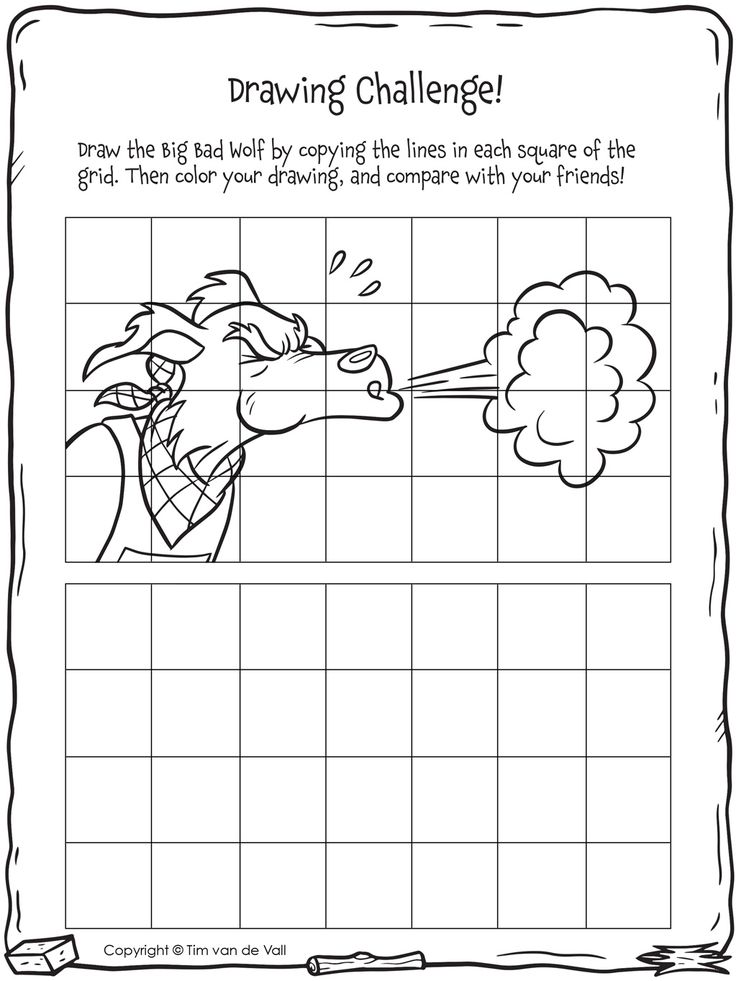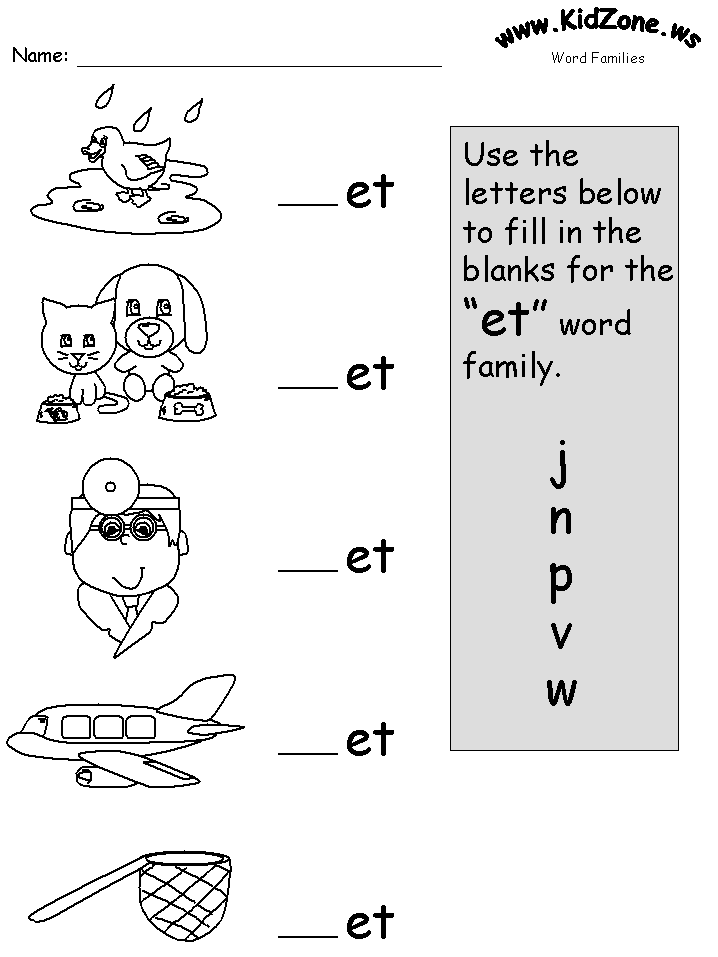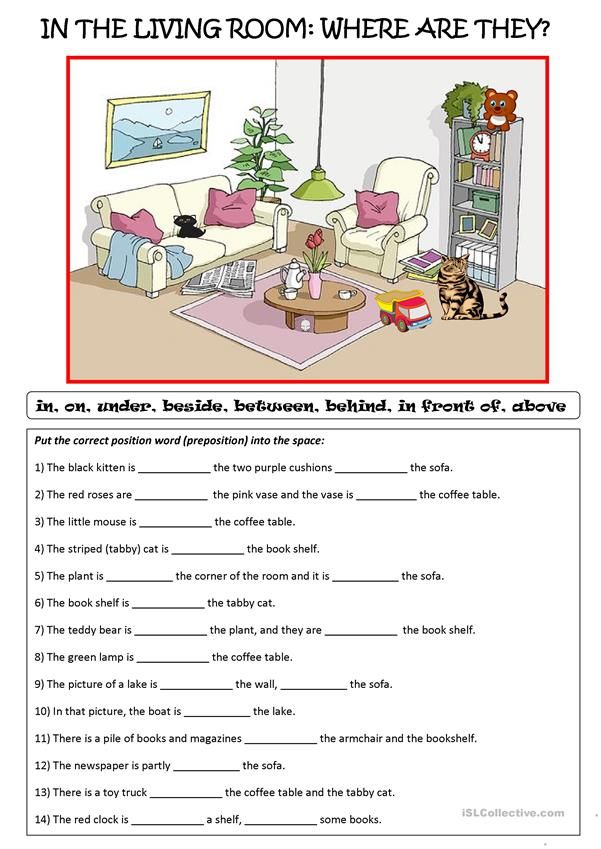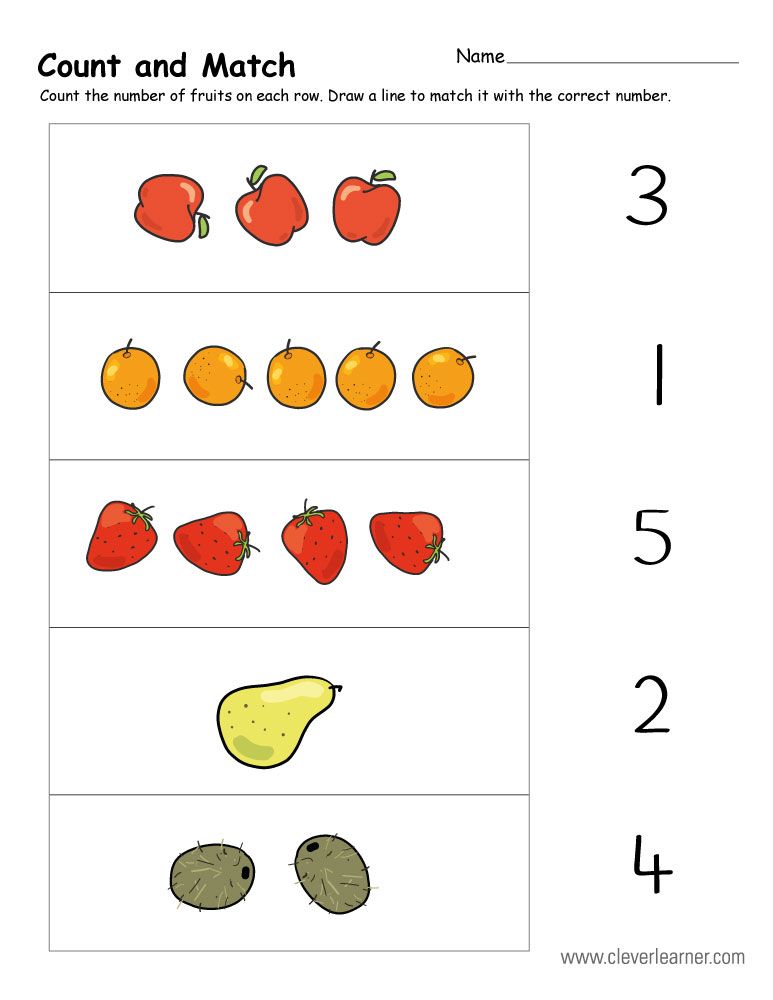Words that rhyme with playing
235 best rhymes for 'playing'
1 syllable
- Sting
- Ng
- Ring
- Sing
- Thing
- Spring
- Swing
- Bring
- King
- Ding
- String
- Wing
- Ting
- Ping
- Sling
- Cling
- Ching
- Fling
- Bing
- Been
- In
- Chin
- Twin
- Sin
- Spin
- Gin
- Win
- Thin
- Grin
- Skin
- Pin
- Min
- Kin
- Din
- Slim
2 syllables
- Saving
- Blazing
- Chasing
- Hating
- Raising
- Changing
- Breaking
- Waking
- Claiming
- Fading
- Racing
- Facing
- Making
- Shaking
- Praying
- Staying
- Waiting
- Saying
- Taking
- Wasting
- Painting
- Faking
- Aiming
- Paying
- Laying
- Slaying
- Raining
- Raping
- Spraying
- Baking
- Failing
- Craving
- Raging
- Waving
- Dating
- Training
- Gaining
- Pacing
- Aching
- Flaming
- Stating
- Weighing
- Gazing
- Blaming
- Tasting
- Sailing
- Praising
- Placing
- Skating
- Gaping
- Draining
- Trading
- Bathing
- Paving
- Rating
- Scraping
- Gaming
- Aging
- Station
- Sayin'
- Waitin'
- Nation
- Makin'
- Playin'
- Takin'
- Stayin'
- Raiding
- Layin'
- Breakin'
- Prayin'
- Blasting
- Reading
- Sucking
- Breathing
- Passing
- Rocking
- Bleeding
- Pushing
- Finding
- Pulling
- Sharing
- Kicking
- Wanting
- Tripping
- Counting
- Ripping
- Singing
- Shining
- Learning
- Dealing
- Begging
- Staring
- Dissing
- Battling
- Hurting
- Searching
- Stealing
- Sleeping
- Cutting
- Chilling
- Yelling
- Sending
- Stopping
- Letting
- Popping
- Hiding
- Jumping
- Laughing
- Stepping
- Reaching
- Rising
- Packing
- Dancing
- During
- Flowing
- Spinning
- Climbing
- Hanging
- Floating
- Ending
- Grinding
- Picking
- Hearing
- Messing
- Spending
- Building
- Willing
- Showing
- Lacking
- Blessing
- Boring
- Drowning
- Causing
- Stacking
- Beating
- Meaning
- Dreaming
- Knocking
- Catching
- Cooking
- Winning
3 syllables
- Creating
- Amazing
- Complaining
- Escaping
- Debating
- Erasing
- Awaiting
- Remaining
- Inhaling
- Explaining
- Embracing
- Maintaining
- Replacing
- Invading
- Degrading
- Creation
- Vacation
- Displaying
- Containing
- Mistaking
- Temptation
- Sensation
- Frustration
- Foundation
- Salvation
- Relation
- Becoming
- Following
- Beginning
4 syllables
- Contemplating
- Celebrating
- Elevating
- Levitating
- Demonstrating
- Suffocating
- Entertaining
- Masturbating
- Devastating
- Operating
- Penetrating
- Information
- Conversation
- Education
- Dominating
- Inspiration
- Situation
- Motivation
- Generation
- Reputation
- Meditating
- Destination
- Dedication
- Medication
- Population
- Hesitation
- Combination
5 syllables
- Hallucinating
- Imagination
- Eliminating
Want to find rhymes for another word? Try our amazing rhyming dictionary.
If you write lyrics you should definitely check out RapPad. It has tons of useful features for songwriters, lyricists, and rappers.
Near rhymes with playB-Rhymes | B-Rhymes
| Word | Pronunciation | Score ? | ||
|---|---|---|---|---|
| 1 | allay | uhle_ee | 962 | Definition |
| 2 | filet | file_ee | 962 | Definition |
| 3 | downplay | dah_uunp_le_ee | 962 | Definition |
| 4 | display | disp_le_ee | 962 | Definition |
| 5 | delay | dile_ee | 962 | Definition |
| 6 | clay | k_le_ee | 962 | Definition |
| 7 | chalet | shaale_ee | 962 | Definition |
| 8 | cassoulet | kaasule_ee | 962 | Definition |
| 9 | calais | kaale_ee | 962 | Definition |
| 10 | cabriolet | kaabreeuhle_ee | 962 | Definition |
| 11 | belay | bile_ee | 962 | Definition |
| 12 | ballet | baale_ee | 962 | Definition |
| 13 | flay | f_le_ee | 962 | Definition |
| 14 | lay | le_ee | 962 | Definition |
| 15 | waylay | we_ile_ee | 962 | Definition |
| 16 | underplay | anduhrp_le_ee | 962 | Definition |
| 17 | splay | s_p_le_ee | 962 | Definition |
| 18 | souffle | suuf_le_ee | 962 | Definition |
| 19 | sommelier | suhmuhl_ye_ee | 962 | Definition |
| 20 | sleigh | s_le_ee | 962 | Definition |
| 21 | slay | s_le_ee | 962 | Definition |
| 22 | lei | le_ee | 962 | Definition |
| 23 | malay | muhle_ee | 962 | Definition |
| 24 | mislay | misle_ee | 962 | Definition |
| 25 | overplay | uh_uuvuhrp_le_ee | 962 | Definition |
| 26 | rsvp | ruhponde_iseelvuup_le_ee | 962 | Definition |
| 27 | pais | pe_ee | 895 | Definition |
| 28 | pay | pe_ee | 895 | Definition |
| 29 | pe | pe_ee | 895 | Definition |
| 30 | pray | p_re_ee | 895 | Definition |
| 31 | prey | p_re_ee | 895 | Definition |
| 32 | repay | reepe_ee | 895 | Definition |
| 33 | spay | s_pe_ee | 895 | Definition |
| 34 | spray | s_p_re_ee | 895 | Definition |
| 35 | strathspey | s_t_raaths_pe_ee | 895 | Definition |
| 36 | taipei | tah_ipe_ee | 895 | Definition |
| 37 | toupee | tuupe_ee | 895 | Definition |
| 38 | decay | dike_ee | 886 | Definition |
| 39 | disobey | disuhbe_ee | 886 | Definition |
| 40 | distrait | dis_t_re_ee | 886 | Definition |
| 41 | k | ke_ee | 886 | Definition |
| 42 | kay | ke_ee | 886 | Definition |
| 43 | cay | ke_ee | 886 | Definition |
| 44 | bray | b_re_ee | 886 | Definition |
| 45 | brae | b_re_ee | 886 | Definition |
| 46 | bouquet | buh_uuke_ee | 886 | Definition |
| 47 | bombay | bombe_ee | 886 | Definition |
| 48 | betray | bit_re_ee | 886 | Definition |
| 49 | bay | be_ee | 886 | Definition |
| 50 | astray | uhs_t_re_ee | 886 | Definition |
| 51 | manque | marnke_ee | 886 | Definition |
| 52 | mccrea | muhk_re_ee | 886 | Definition |
| 53 | tray | t_re_ee | 886 | Definition |
| 54 | trait | t_re_ee | 886 | Definition |
| 55 | tokay | tuh_uuke_ee | 886 | Definition |
| 56 | stray | s_t_re_ee | 886 | Definition |
| 57 | stay | s_te_ee | 886 | Definition |
| 58 | saute | suh_uute_ee | 886 | Definition |
| 59 | portray | pawrt_re_ee | 886 | Definition |
| 60 | outstay | ah_uuts_te_ee | 886 | Definition |
| 61 | naivete | nareevuhte_ee | 886 | Definition |
| 62 | obey | uh_uube_ee | 886 | Definition |
| 63 | ok | uh_uuke_ee | 886 | Definition |
| 64 | okay | uh_uuke_ee | 886 | Definition |
| 65 | outre | uut_re_ee | 886 | Definition |
| 66 | bidet | beede_ee | 875 | Definition |
| 67 | day | de_ee | 875 | Definition |
| 68 | de | de_ee | 875 | Definition |
| 69 | des | de_ee | 875 | Definition |
| 70 | dey | de_ee | 875 | Definition |
| 71 | dray | d_re_ee | 875 | Definition |
| 72 | gay | ge_ee | 875 | Definition |
| 73 | gey | ge_ee | 875 | Definition |
| 74 | gray | g_re_ee | 875 | Definition |
| 75 | grey | g_re_ee | 875 | Definition |
| 76 | today | tuhde_ee | 875 | Definition |
| 77 | frey | f_re_ee | 817 | Definition |
| 78 | hooray | hure_ee | 817 | Definition |
| 79 | hurray | huhre_ee | 817 | Definition |
| 80 | jose | huh_uuze_ee | 817 | Definition |
| 81 | fray | f_re_ee | 817 | Definition |
| 82 | frae | f_re_ee | 817 | Definition |
| 83 | disarray | disuhre_ee | 817 | Definition |
| 84 | dernier | dern_ye_ee | 817 | Definition |
| 85 | deray | dire_ee | 817 | Definition |
| 86 | defray | dif_re_ee | 817 | Definition |
| 87 | monet | mone_ee | 817 | Definition |
| 88 | nay | ne_ee | 817 | Definition |
| 89 | wray | re_ee | 817 | Definition |
| 90 | soiree | s_warre_ee | 817 | Definition |
| 91 | rey | re_ee | 817 | Definition |
| 92 | renee | ruhne_ee | 817 | Definition |
| 93 | rene | ruhne_ee | 817 | Definition |
| 94 | ray | re_ee | 817 | Definition |
| 95 | rae | re_ee | 817 | Definition |
| 96 | puree | p_yure_ee | 817 | Definition |
| 97 | neigh | ne_ee | 817 | Definition |
| 98 | nee | ne_ee | 817 | Definition |
| 99 | carre | kaare_ee | 817 | Definition |
What is B-Rhymes?
B-Rhymes is a rhyming dictionary that's not stuck up about what does and doesn't rhyme.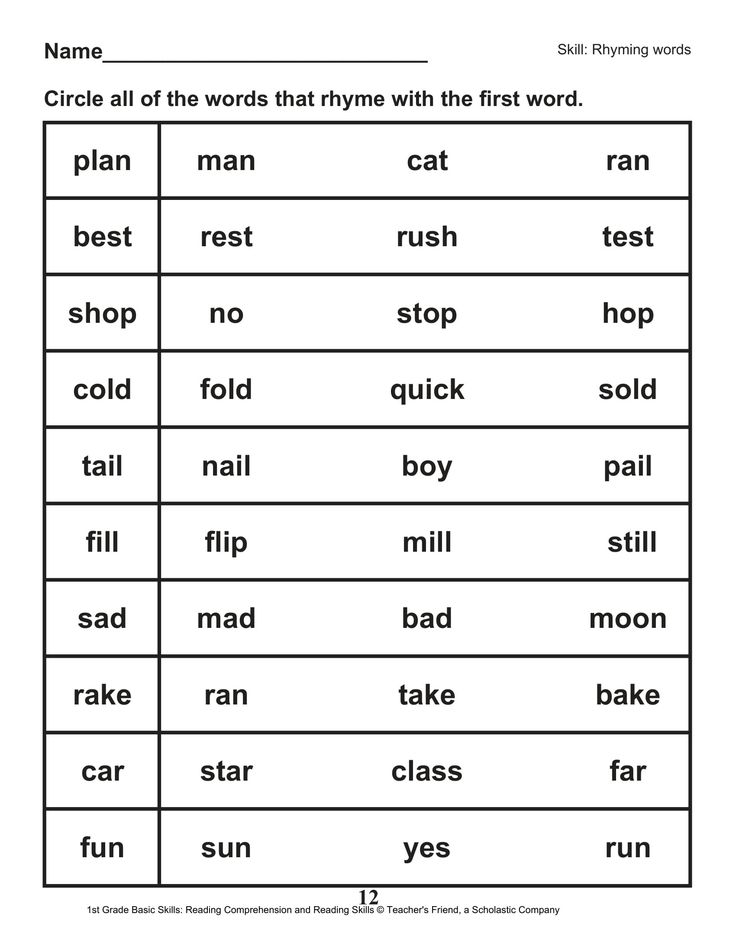 As well as regular rhymes, it gives you words that sound good together even though they don't technically rhyme.
As well as regular rhymes, it gives you words that sound good together even though they don't technically rhyme.
rhymes | Speech therapy for all
Sep 20, 2011, the author Ekaterina
developed a speech therapist
Kondrashova Galina Nikolaevna
MDOU “Kindergarten No. 3” 9000 9000 9000 9000 9000 9000 9000 9000 9000 9000 9000 9000 9000 9000 9000 9000 9000 9000 9000 9000 9000 9000 9000 9000 9000 9000 9000 9000 9000 9000 9000 9000 9000 9000 9000 9000 9000 9000 9000 9000 9000 9000 9000 The game "Rhymes"
We played rhymes - we picked up words.
Let's play with you now.
Show a picture and suggest a word -
Which one we will take with us.
I’ll say an accordion, and you tell me ... (potato),
I’m holding a shirt, you see ... (a bug),
I took a basket, you bought ... (a picture).
I see: a ram is grazing in the field,
And a little boy carries - .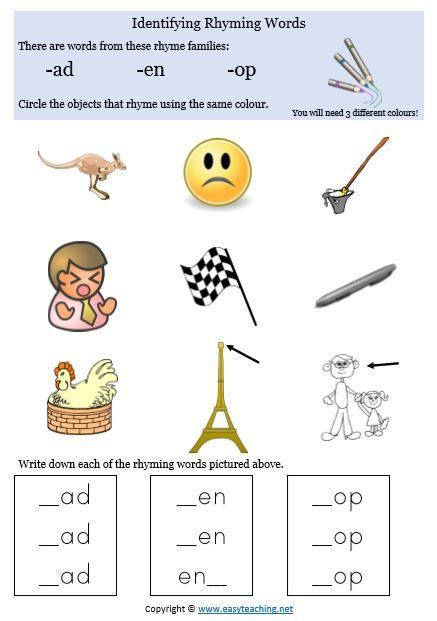 .. (drum),
.. (drum),
An ant crawls along the path with a reed,
And after him flies ... (sparrow).
Violinist gives us concerts on "Bis"0003
All children are treated by our…(doctors).
Game " Good Elephant".
A good elephant lived in the world,
He wrote stories.
He wrote good books,
And gave them to his friends.
He liked to play rhymes,
So that he would not be bored with his friends.
Here is a picture, here... (basket, car, etc.),
Here is a camomile, here is ... (bug, piece of paper),
Here is my house, here is yours ... (volume, catfish),
Here is a cannon, here is ... (fly, drying, mug),
Here is a donut for you , but ... (book, mouse, lid),
Here is a neighbor, but ... (lunch, clarinet, vinaigrette).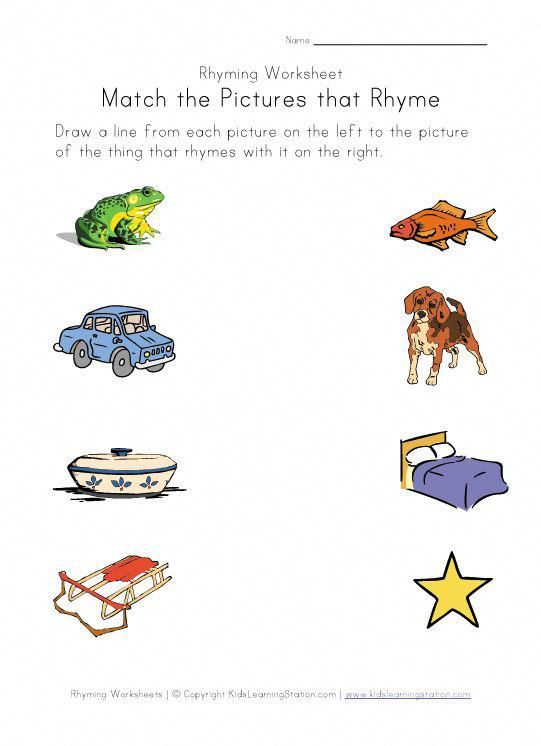
So that we don't get bored,
We'll pick up rhymes.
(The game can continue indefinitely until the child gets bored.)
Gifts game.
Monkey has a birthday,
Everyone brings congratulations:
The cockerel brought her a cannon,
And the horse - ... (cracker, rattle, spinner, etc.).
White bear - chocolate,
A Hedgehog - ... (marmalade, lemonade, etc.)
The game "We play - we select rhymes."
A monkey and a cuckoo, a cockerel and a cat
We decided to play rhymes with the children a little:
The monkey suggested: a bear, ... (then the children choose pictures).
The cuckoo crowed: reel,…
The cat also purred: hand,…
The cockerel crowed: sack,… .
Task: Find rhymes. Children are offered pictures: bear, bump, donut, boy, reel, rattle, pillow, feeder, palm, potato, accordion, midge, bag, pot, strap, top. They choose a picture and substitute the word into the poem.
They choose a picture and substitute the word into the poem.
Miniature rhymes
A mouse rustled in the pantry,
Under the pine lay - ... (cone).
Garik lives in our house,
He has a blue ... (balloon).
Our capricious Masha,
In her plate ... (porridge).
There is an old house in the village,
We got caught in the net - ... (catfish).
They took a volume from the library,
In winter, the guys sculpt - ... (com).
Mice are very fond of cheese,
There are a lot of -… (holes) in good cheese.
The wind blew very strongly,
There was a terrible ... (hum) everywhere.
A sheep lives with a farmer,
Runs in the desert - ... (lizard).
Mom was cleaning the floor,
Dad was waiting: when will ... (goal).
A pack fell on the deck,
Because there was - ... (rolling).
A daughter is writing a letter to her mother,
At the end of the story is - .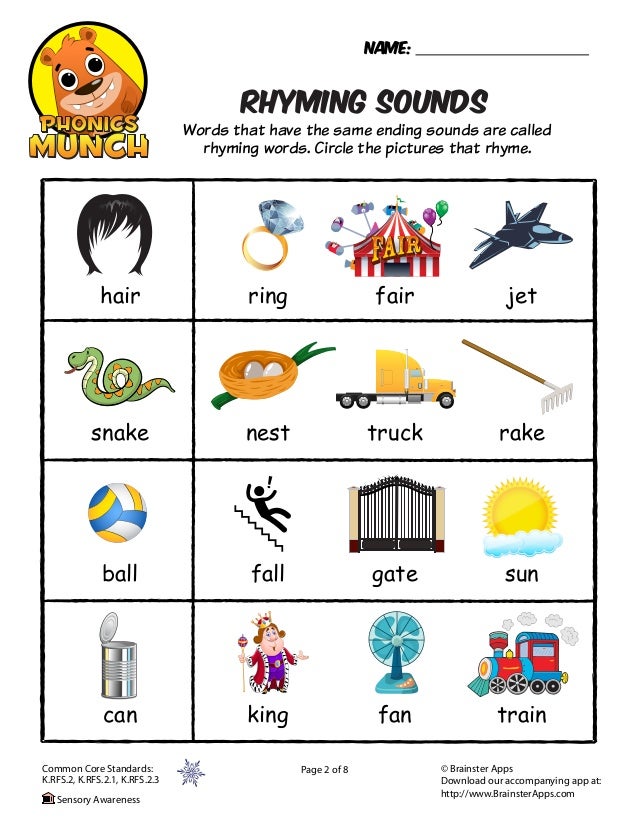 .. (dot).
.. (dot).
The tailor chose red silk,
So he knows about fashion...
They played in KVN for a day,
Everyone liked the hall - ... (jokes).
There was a nut on the shore,
The fish was dragged away - ... (seagull).
Porridge is smoking in a bowl,
With tea is - ... (a cup).
It was very bad in a fairy tale,
Until a -… (miracle) appeared.
The boy is crying very loudly -
He hurt with glass ... (finger).
Onions grew in the garden,
May ... (beetle) crawled in the garden.
There was not enough honey for the bear,
The bee showed ... (sting).
In the raspberry forest the bear grumbled,
Next to him there was a stream… (murmured).
Arkady slept lightly at night,
He was afraid of the dark... (terribly).
The athlete put on his jacket,
He holds in his hands ... (racquet).
The children are waiting for the holidays -
Red summer .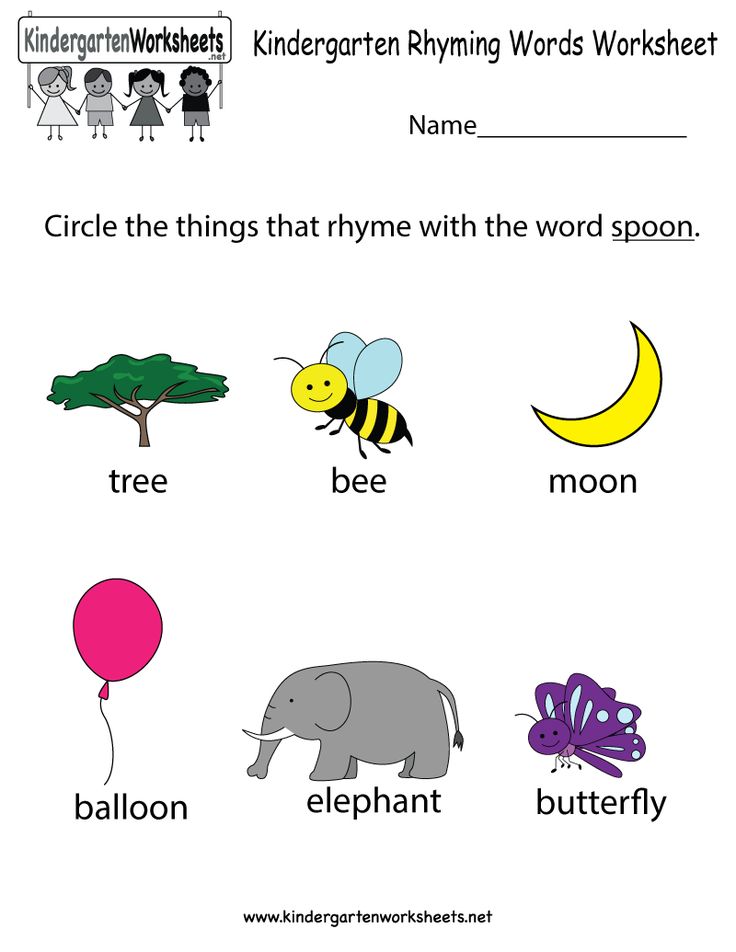 .. (ongoing).
.. (ongoing).
The oldest in the group is Venya,
He has a friend - ... (Zhenya).
Green bunch of parsley
Gluttonous ate ... (bug).
The woman screamed loudly -
Scared her - ... (toad).
People in fairy tales love to feast,
Everyone in the world needs ... (peace).
Concrete is being made at the construction site,
In the subway they will require -…(token).
I bought a fashionable Klim vest,
I bought ... (ticket) to the theater.
There lived a boy Zhora,
He has a little sister... (Laura).
Tanya-baby is the most boastful of all,
On her hat - ... (brooch).
The old leopard dreamed of stars.
He wanted to fly to ... (Mars).
Lost to Seryozha fant,
The girls tied ... (bow).
A jar fell off the table,
Now Sveta has a pain...(a wound).
Vasya was on duty in the class,
He cleaned the floors with a rag .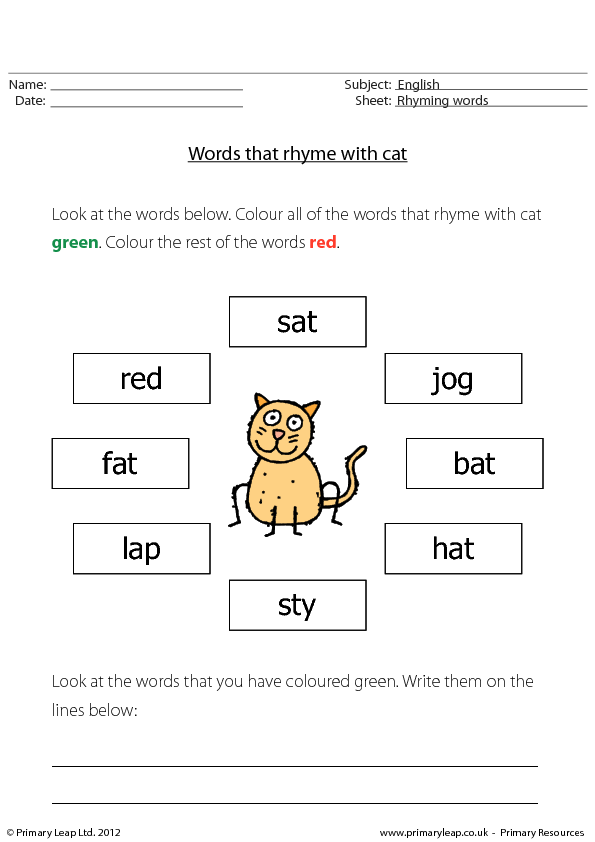 .. (washed).
.. (washed).
There lived an old dog in the world,
He regularly served ... (carried).
They gave Ram a pipe,
And a sentry ... (booth).
Ilya has beautiful hair,
And pleasant, resonant… (voice).
The leader issued a victory cry,
Do not interfere with him ... (rain).
You can't take someone else's,
And, of course, you can't ... (lie).
To make the hairstyle glossy,
We will need ... (wax).
Yaga did not get the crown,
Carried her away ... (crow).
The picture was painted by the creator,
He depicted on it ... (palace).
Nightingale can not hear the trill,
Muffles it ... (drill).
I saw a wonderful dream,
That I went to ... (Don).
A dark night has come,
My ... (daughter) is falling asleep.
Cat's beautiful paws -
Fluffy shoes (slippers).
Vitya didn't take a satchel to school,
He studied there all day.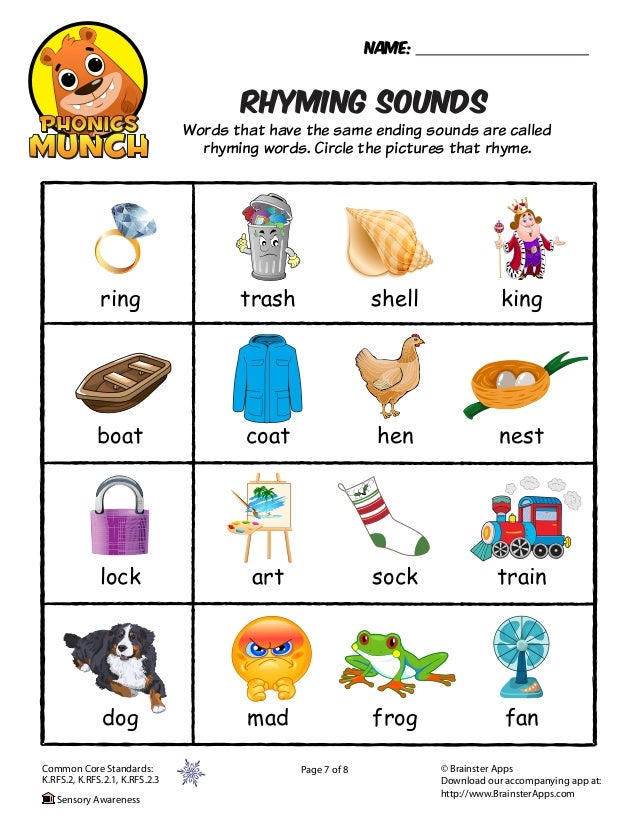 ..(dance).
..(dance).
A ship has come to a distant port,
A sailor is carrying a friend...(cake).
The soldier does not need sleds,
He will study ... (tanks).
The incident happened once -
They overturned a copper ... (basin).
Grandfather loves tobacco,
A granddaughter - ... (zucchini).
Exotic mango fruit.
An unfamiliar dance…(tango).
There are bushes in the yard,
They are very…(thick).
There is a hill near the house -
Ice on it ... (crust).
Someone dug a big grotto-
It turned out to be ... (mole).
A goose lives in the poultry house,
Runs in the forest ... (hare).
Glasha danced the polka,
She sang a song loudly ... (Klasha).
Grandfather went to chop wood,
And grandma - onions ... (weed).
The boxer cut his eyebrow with a blow,
And immediately ran ... (blood).
Brought the ship of athletes to the port,
They went to .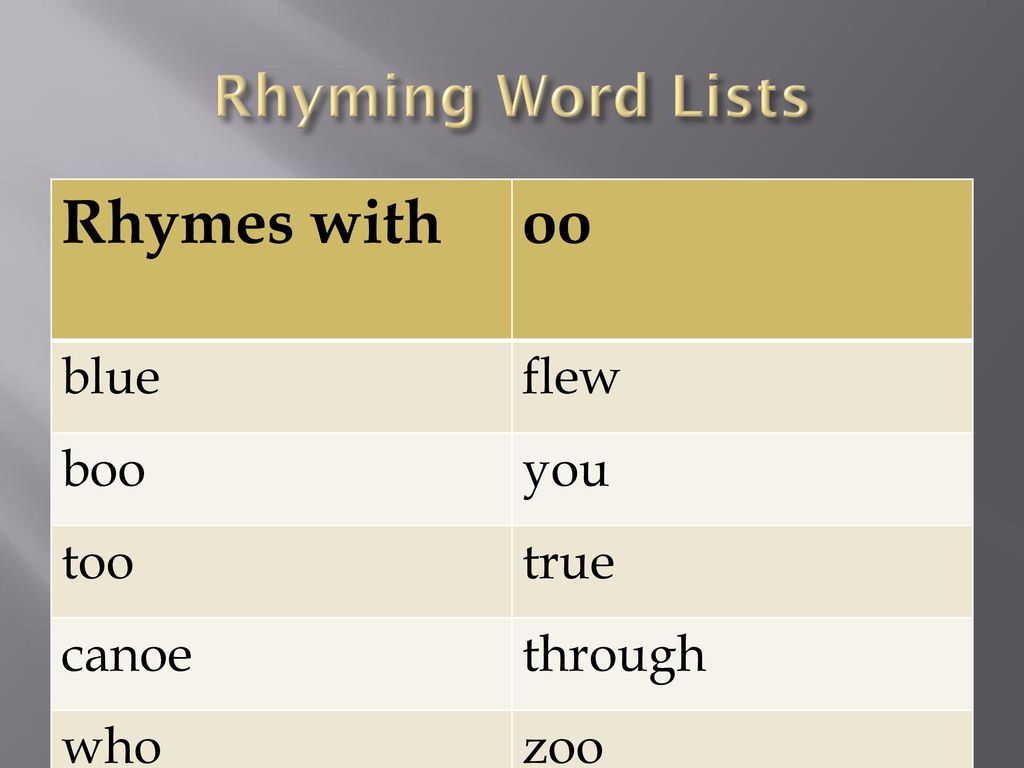 .. (court).
.. (court).
There was a crumb left on the table,
I fed the birds ... (Proshka).
The roses ran away from the flowerbed,
Very prickly... (roses).
In the morning dew fell -
Go out to the meadow ... (spit).
Horses competed at the races,
Children rode in the park ... (ponies).
The cat licked all the sour cream,
He wiped it with his paw ... (mouth).
There was a donut on the table -
I caught the smell ... (mouse).
In the realm of fairy tales, a ball is gathered -
There were both old and ... (small).
The big boss needs a folder,
And, of course, in winter, of course… (hat).
If children are walking in the park,
Do not break at the bushes ... (branches).
Kitty's muzzle warms in the sun.
“Whiskas” is filled with delicious ... (bowl).
Natasha baked a cake,
Our…(Rex) loves them very much.
The clown took off his funny cap,
Grandfather planted in a fairy tale .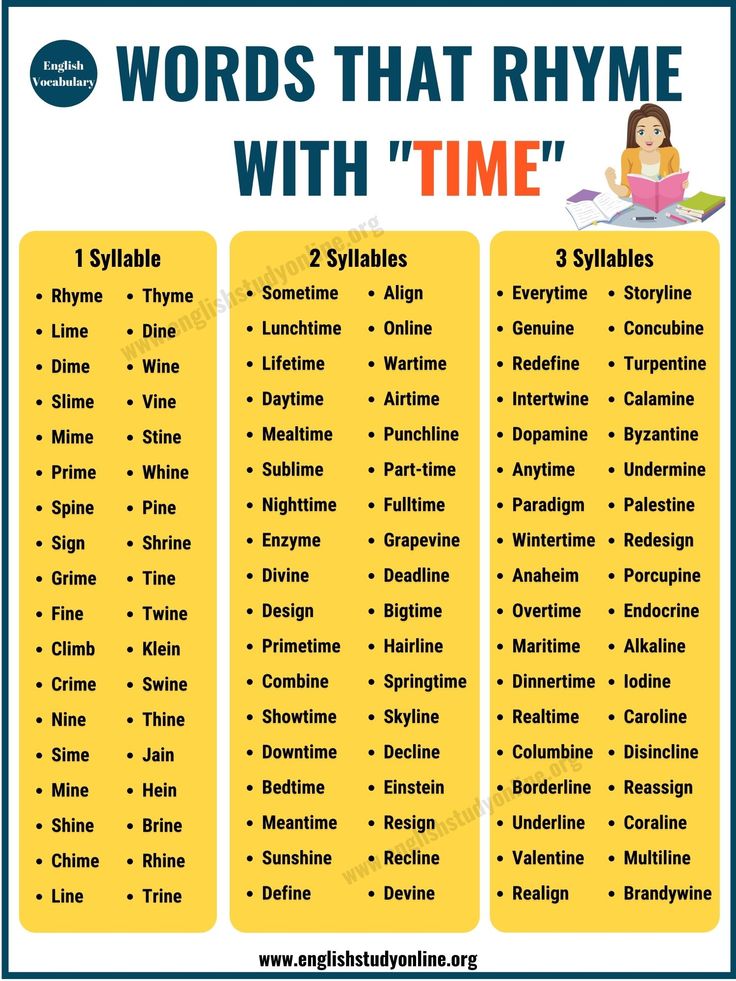 .. (turnip).
.. (turnip).
There is a school desk in the last row,
There is a pen, a textbook and ... (map) on it.
We will put on a mask for the carnival,
A soldier will put on a battle ... (helmet).
The mouse saw the crust -
Dragged it into ... (mink).
Artur began sawing the log,
He hurt himself…(knee).
A drop was falling down from the sky,
He is not afraid of her... (heron).
Faith's cutting was not successful,
Now it is in the magazine ... (troika).
Mila made a salad,
Washed her…(robe).
The cold is very terrible for a hare,
But even more terrible ... (hunger).
Bought sour cream Gleb,
Bought Vasily ... (bread).
Slowing down time,
The old ... (year) is leaving us.
The hop blossoms luxuriantly in spring,
... (bumblebee) sits on it.
That guys start fights,
Don't believe it! It's just - ... (lies).
A puppy ran in the meadow,
Lena wove for him ... (wreath).
There lived a giant in the world,
And he had ... (pelican).
Strict norm for a soldier:
Always ironed ... (uniform).
Arseniy pultik took in his hands,
He wanted to see ... (cartoon).
The border guards have a post,
Under guard they have ... (bridge).
Daddy calls Ira:
“My daughter is…(honey)”.
Fedya loves fat very much,
Everything is for him, poor fellow, ... (not enough).
They like kitty serials,
Buy in "Trek" ... (discs).
Vika brushes her teeth in the morning,
Then she paints brightly…(lips).
A cloud floated across the sky,
In the river splashed ... (pike).
The baker bakes bread for the table for us,
Gives out medicine - ... (healer).
There is sand on the river bank,
And there is ... (wood) around.
The boat did not reach the target,
It ran into .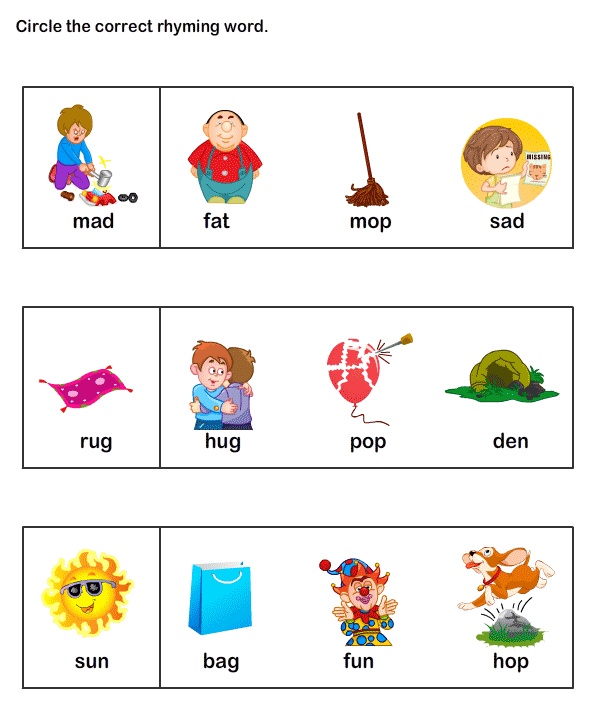 .. (stranded).
.. (stranded).
Petya hands with soap soap,
All microbes quickly ... (washed away).
A cat was sitting on the window
And meowing… (a little bit).
The children were running, jumping
And in the evening everyone ... (tired).
Look - a steam locomotive,
He's wagons ... (carried).
On a large green branch
Squirrels are sitting ... (children).
| Like |
Author: Ekaterina
Hello! My name is Ekaterina and I am glad to welcome you to the site " Speech Therapy for All " If you liked the materials of the site, then you can subscribe to new publications by RSS or Email. Also join our speech therapy group at Facebook and Vkontakte .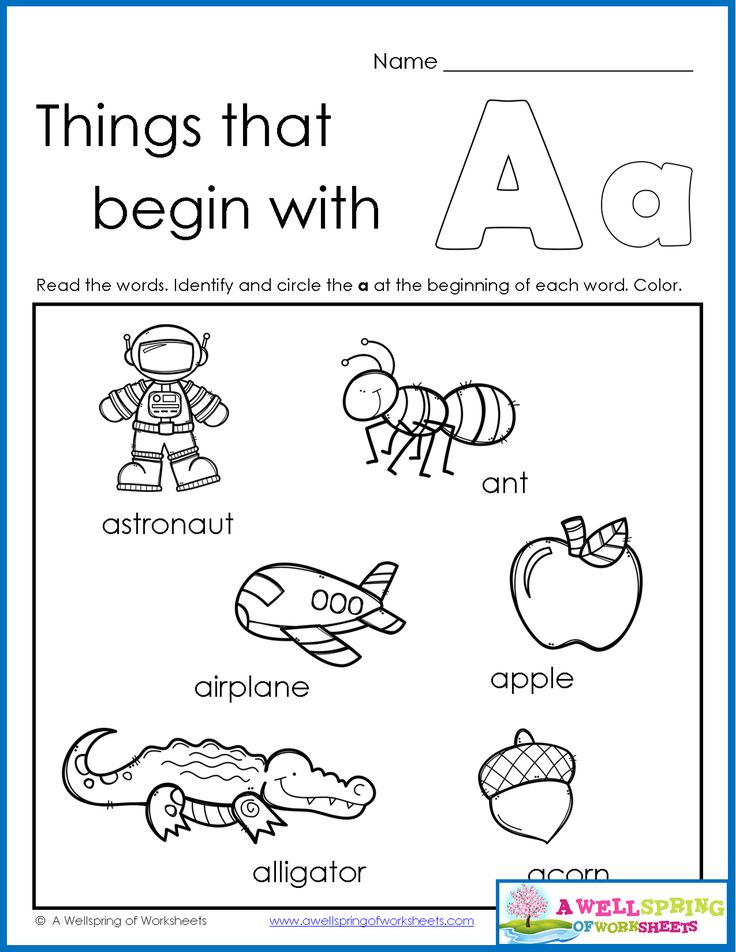
The author has published 485 articles.
Previous material from the rubric -
- Phonetic warm-ups
- The specifics of correctional and developmental work in the conditions of a social rehabilitation center for minor children
- Experience in diagnosing children with general speech underdevelopment [1 language level]
Headings: Speech therapist to help Tags: speech therapy games
The goal of the game is to choose a rhyme. Word and logic game "Rhymes
Today I want to tell you about very simple and fun, but at the same time useful games that we like to play with my son. These are rhyming games. Like many speech games, they can be incorporated into everyday conversations, so they're perfect for busy moms.
The game of rhymes is useful for the development of creative imagination, not only for the child, but also for the mother.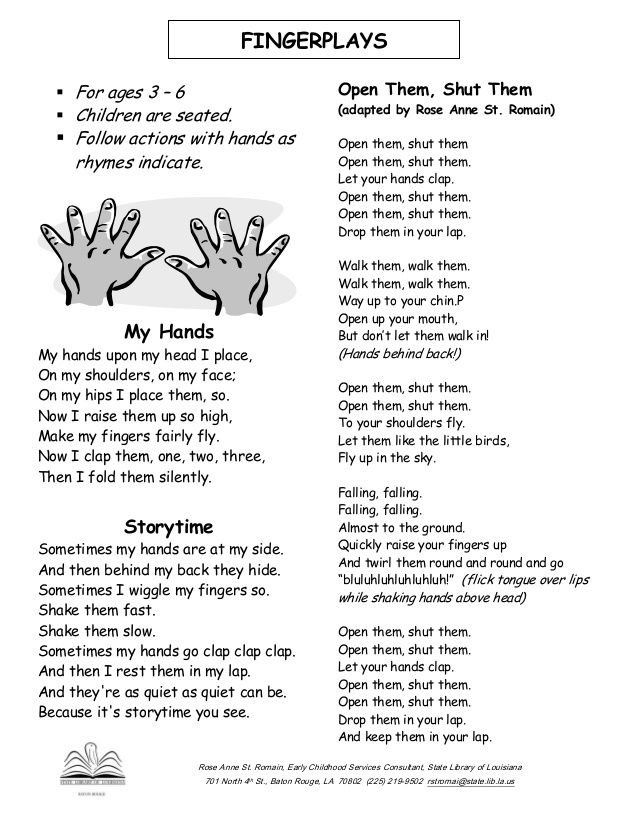 In addition, children of 3-5 years old are very fond of writing poetry, this is their natural need.
In addition, children of 3-5 years old are very fond of writing poetry, this is their natural need.
Teach children to find words that rhyme with each other. Try to compose 2-3 rhyming lines together about the objects of the world around you, drawn in a picture or described in a book.
In everyday life, as if by accident, use rhymed speech, you can even rhyme an ordinary word with an invented one. Children love ridiculous and funny words. For example, a palm is a trim-pump, a dryer is a boom :) My son, around 2.5, began to actively come up with such funny rhymes for words, I think this is the first step towards creating real rhyming texts.
Be sure to read poetry of different styles and authors. When the poem is familiar to the child, try to pause before the last word in the rhyming phrase, most likely the child will quickly begin to finish the phrase.
Here is a short review of poets that mothers of children should pay attention to:
Samuil Marshak
Korney Chukovsky
Agnia Barto
Sergey Mikhalkov
Mikhail Yasnov
Emma Moszkowska
Daniil Kharms
Boris Zakhoder
Irina Tokmakova
Valentin Berestov
Andrey Usachev
Yunna Moritz
Irina Pivovarova
Vadim Levin
Victor Lunin
More tricks and games to develop the imagination can be found in the book .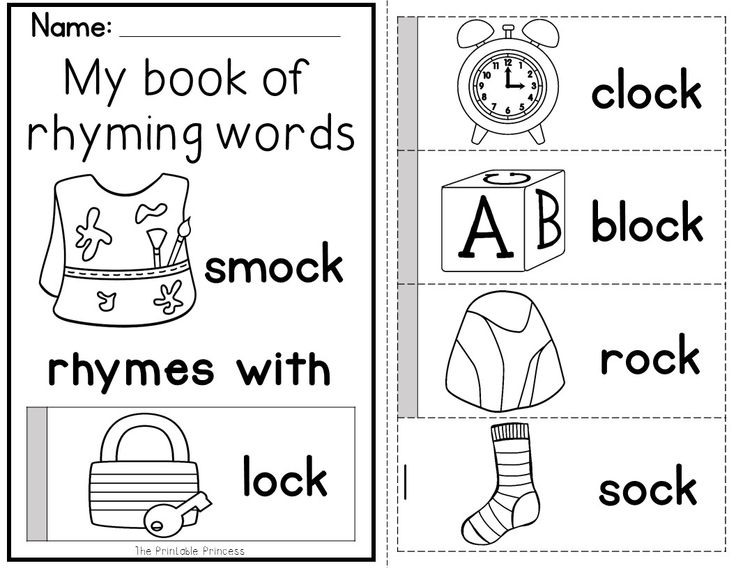
Try to play rhyming with your baby and tell us in the comments what you did.
Have you tried writing poetry? Some people do it, and it's good. This kind of creativity is not that rare among people. True, it is not easy to compose real, good poems, but it is even more difficult to teach this to children. We will not teach, we will play. Maybe some of them will actually learn how to compose, while others will enjoy the game and learn how to think.
For children, the process of writing poetry begins with the ability to select rhymes. Although rhyming games are used by teachers in working with children, they are rare. In part, this can be explained by a small number of options for gaming exercises. This is mainly the selection of consonant words and the frequently encountered game "Tell me a word." In the methodological literature, they are presented by A.K. Bondarenko, G.A. Tumakova and others. The limited number of goals and objectives implemented in these games also explains the little interest in them on the part of teachers.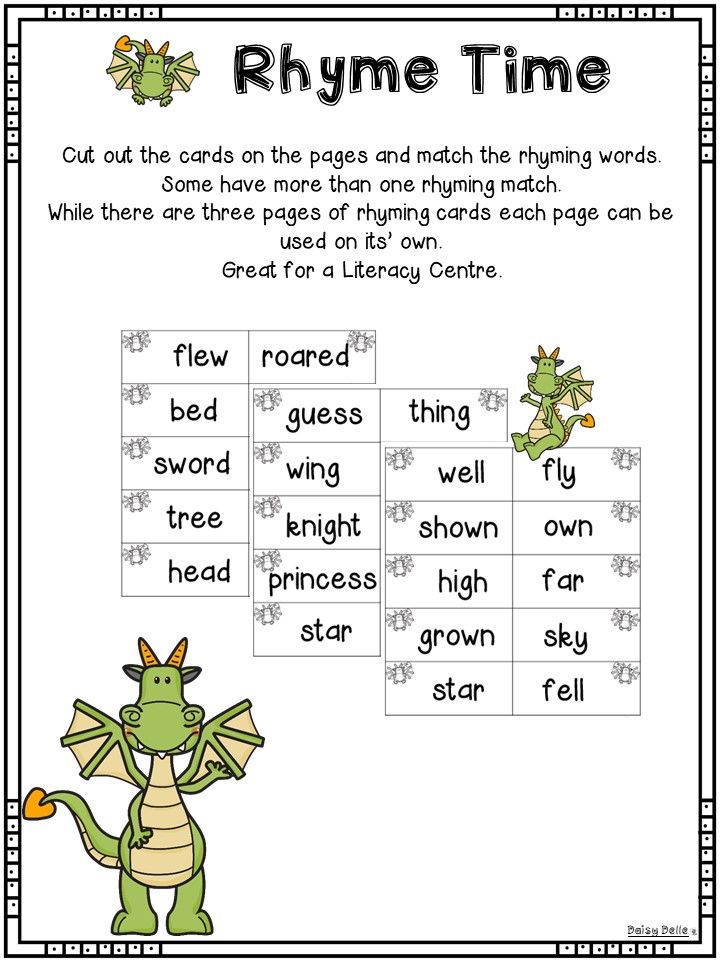 But not children!
But not children!
What does rhyme mean for children? According to K. Chukovsky, a child has a great desire to rhyme words: “Every rhyme gives a child special joy. And rhyme is even sweeter for groups of children than for this or that child individually.” On the impact of rhyme on the child's psyche L.M. Malysheva says this: “Children feel the charm of consonant words and lines very early, often they themselves begin to rhyme in infancy. It is very important to maintain this interest, because a sense of rhyme, like a sense of rhythm, is one of the steps on the way to understanding poetry, its conventionality, its special language.
The pedagogical expediency of games with rhymes can be explained by the value they contain. Rhyme is a pair category. In it, one word necessarily implies another. J. Rodari, reflecting on the nature of creativity, notes that the cognitive function of rhyme explains why rhyme gives children more pleasure than simple consonance. He writes: "Phonetic similarity makes the poet look for semantic connections between words - thus, phonetics gives rise to thought.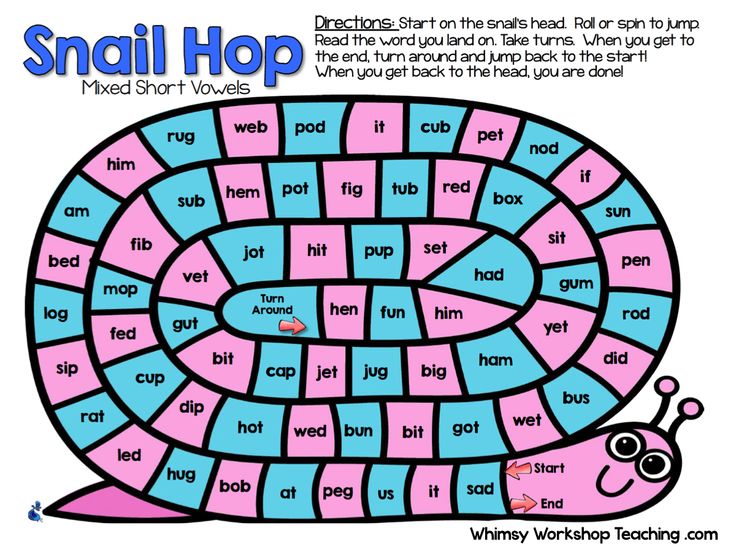 "
"
By conducting games of the “Pick up a rhyme” series with children, we, in essence, introduce children to the mechanism for selecting rhymes when composing poems, riddles, etc. It is very important that these game exercises constitute a system of classes for teaching children the technique of versification. You can start playing with simple options already with children of 5 years old and continue throughout the school year with children of the preparatory group for school, and then after, with schoolchildren. Schoolchildren can be offered not only to pick up rhymes, but also to compose similar exercises themselves.
It is best to acquaint preschoolers with the concept of "rhyme" in the chapter "How Dunno wrote poetry" from N. Nosov's book. Can't think of a better explanation! And it turns out that you can choose rhymes in different ways :
1. Select consonant words orally or from pictures:
Bunny - polar cod; globe - bus.
2.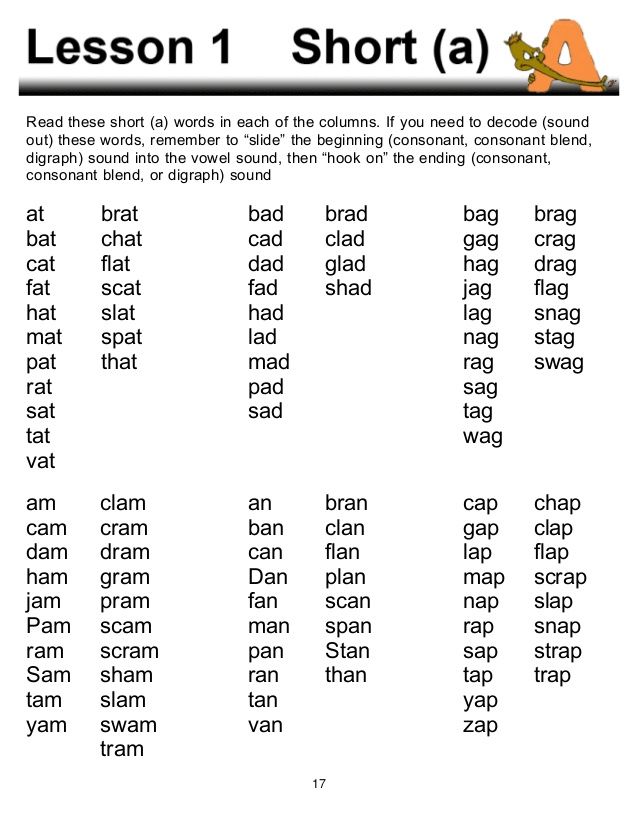 It is necessary to find the rhyme "hidden" in the object itself:
It is necessary to find the rhyme "hidden" in the object itself:
Goby - barrel; goat - eyes.
3 . The name of the object in one picture must be rhymed with the name of the part of the object shown in the second picture:
Mouse - saucepan - lid; ear - bulb - husk.
4. In order to rhyme the name of the first picture with the name of the second, you need to name the object shown in the second picture in a different way:
a) Name the object with a generalizing word:
Pillow - doll - toy; door - bear - beast.
b) Choose a synonym for the name of the item:
Cat - basket - basket; shelf - basket - purse.
c) Give the object a descriptive description:
Lake - Baba Yaga - villainess; carrot - fox - cheat.
d) Choose a metaphor:
Bank - steering wheel - steering wheel; leaves - broom - Anisya.
e) Rhyme can reflect relationships and connections between objects:
Bones - children - guests; pen - girl - granddaughter.
5. To find a rhyme for the name of the first object, you need to think and guess:
a) Who or what can the object depicted in the second picture become:
Drum - lamb - ram; rhinoceros - milk - cottage cheese.
b) Who or what was the object shown in the second picture:
Lollipop - crow - chick; foam - Pinocchio - log.
6. The name of the first picture rhymes with the name of the item in the second picture in a diminutive form:
Cat - fish - small fish; ring - coat - coat.
7 . To get a rhyme, you need to change both words (picture names):
a) Form the plural of nouns:
Axe, ball. Axes - balls.
Bank, tank. Banks are tanks.
b) Form new words using suffixes:
Flag, iron. Checkbox - iron.
Boy, hat. The little boy is a hat.
8 . The name of the item shown in the picture must be rhymed with an adjective.
Peas - ruffled; shovels - shaggy.
9. The name of the object shown in the picture should be rhymed with the verb:
Shark - dived; titmouse - dreams.
10. The name of the item shown in the picture should be rhymed with an adverb:
Chocolate - sweet; elephant - quiet.
Selection of rhymes in such creative games stimulates the mental activity of children. To arouse in a child the desire to think, to revolve in the cycle of thoughts, logical tasks, to revive his ideas - this is the implementation of the "principle of the optimal correlation of the processes of development and self-development" (N. Podyakov). In such games, the formation of the personal qualities of the child takes place. He asserts himself in them, feels confident and resourceful. For all children, rhyming games are exciting, surprising, interesting and reckless, they allow the teacher to solve educational and educational tasks, building relationships with children on the basis of equal partnership.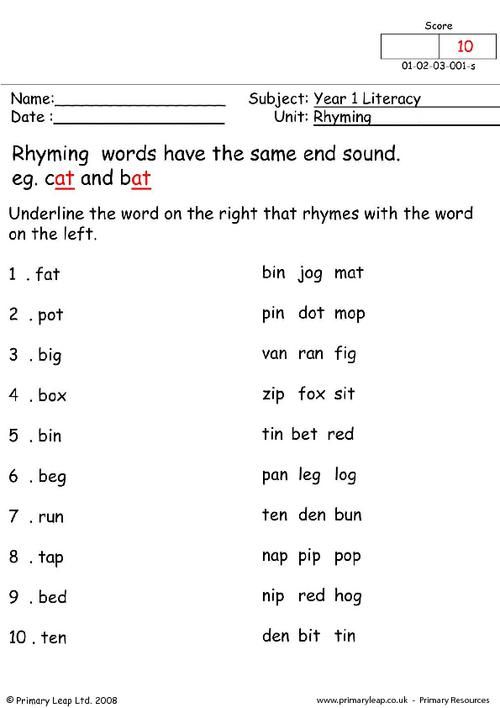
Purpose. To teach children to correctly characterize spatial relationships, to select rhyming words.
Lesson progress
The teacher draws the attention of the children to the sheets of paper and "washers" (chips) lying in front of each of them.
“Have you forgotten the game of hockey? the teacher is interested. And he clarifies: “The impact and where can the puck be?”
Listens to the children's answers, suggests the direction of the puck's flight, for example: "The puck flies over the goal, to the left of it."
The teacher calls a child who wants to report from the hockey field (the child answers from the spot). Then another child comments on the training of hockey players. The exercise is repeated 3-4 times.
The teacher, standing behind the backs of the children, observes who moves the puck on a piece of paper in order to work out with some of the children individually later.
“Today I will not treat you to coffee, as we will play the game “Tell me a word” (“Pick up a rhyme”), says the teacher.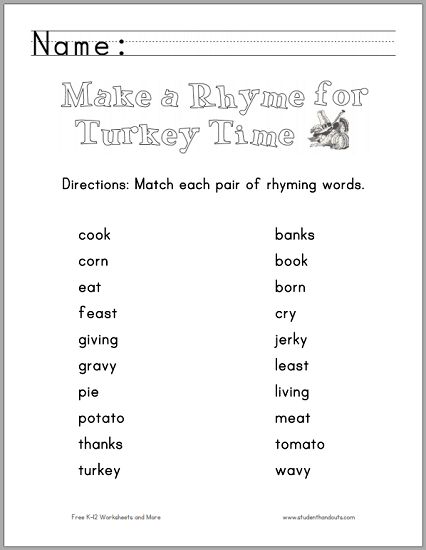 - A very famous poetess Elena Blaginina composed cunning poems. Listen to them carefully."
- A very famous poetess Elena Blaginina composed cunning poems. Listen to them carefully."
The educator reads E. Blaginina's poem "There is still a game...":
It's snowing outside,
The holiday is coming soon...
- New Year.
Softly glowing needles,
Coniferous spirit comes from…
– Christmas trees!
Branches slightly rustle,
Beads are bright…
- Shine.
(“Maybe they are sparkling? Hissing?”)
And the toys are swinging -
Flags, stars…
- Flappers!
(“Not cuckoos? Not frogs? And, of course, not ears?”)
Threads of colorful tinsel,
Bells…
- Balloons!
(“Balls or gifts?”)
Fragile fish figurines,
Birds, skiers…
– Snow Maidens!
White-beard and red-nosed,
Under the branches of Grandfather ...
- Frost!
January
Lesson 1. Conversation on the topic: "I dreamed .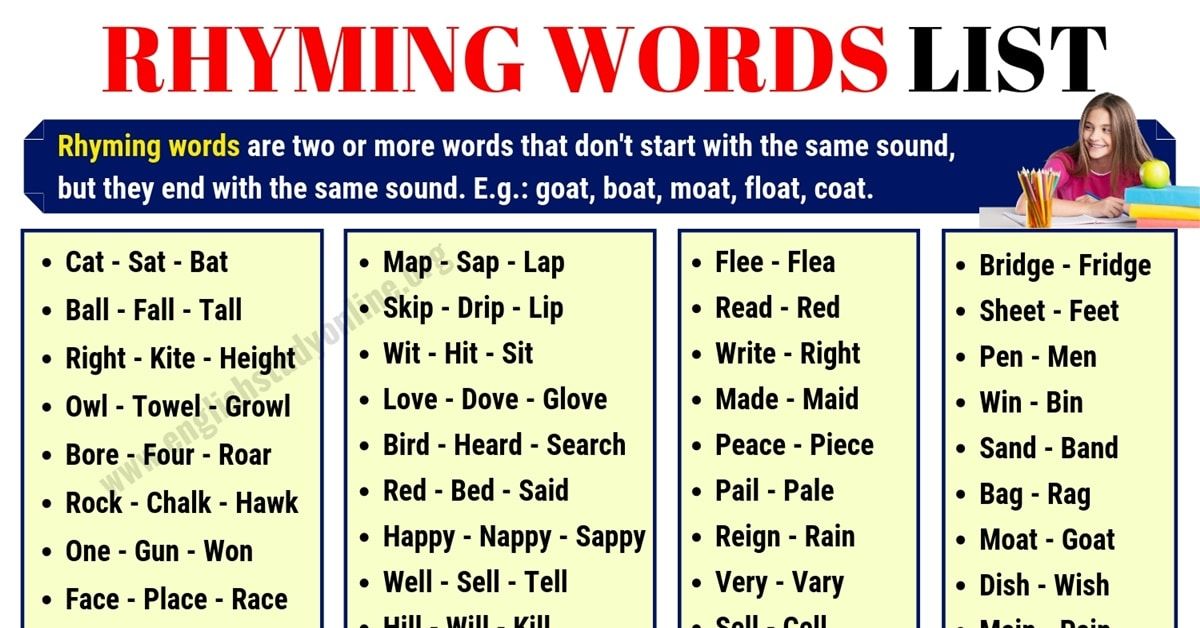 .." Didactic game "Choose a rhyme"
.." Didactic game "Choose a rhyme"
Purpose. To teach children to participate in a collective conversation, helping them construct meaningful statements.
Lesson progress
“Today we will learn to speak correctly again,” the teacher begins the lesson. Let's talk about New Year's Eve. All people, adults and children, were waiting for the New Year: gifts, guests, travel, beautiful Christmas trees. Tell us what you dreamed about before the New Year and how you spent the New Year holidays.
The teacher listens to the child's story, makes the necessary corrections, and asks clarifying questions. Then he evaluates the answer, noting its logic, expressiveness (unusual comparisons, emotionality).
Calls for 2-3 more guys.
He tries to listen to the stories of those children who spent the New Year holidays differently.
It is also desirable to listen to a child experiencing various difficulties in mastering his native language.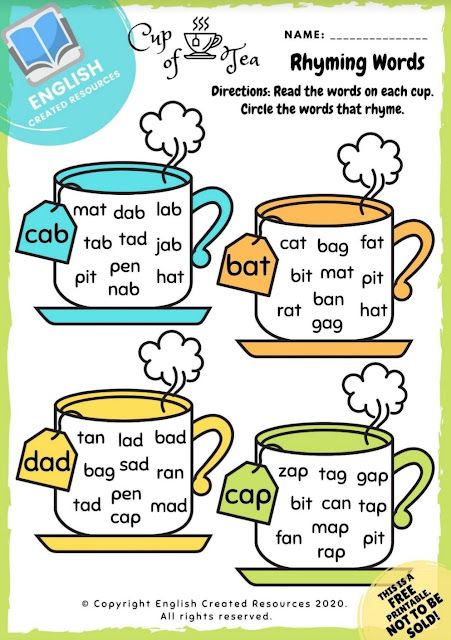 But this child must be prepared in advance and together with the children rejoice at his success.
But this child must be prepared in advance and together with the children rejoice at his success.
In order to add variety to the conversation, to please children, you can conduct a didactic game "Pick up a rhyme" using the following works:
The puppy looked in the window:
– What does… (cat) eat?
– There are all sorts of people walking around here, look!
- Looks evil at the cat ... (mouse).
– Maybe it's enough, little mouse, to be angry?
- Tweeted ... (titmouse).
Didn't say anything
Sleeping under the bed... (dog).
E. Lavrentieva "Choose a Rhyme"
* * *
My dear children!
I am writing you a letter:
I ask you to wash more often
Your hands and… (face).
My dear children!
I beg you very, very much:
Wash more cleanly, wash more often -
I'm dirty ... (I can't stand it).
Y. Tuwim. "Letter to all children on one very important matter", trans.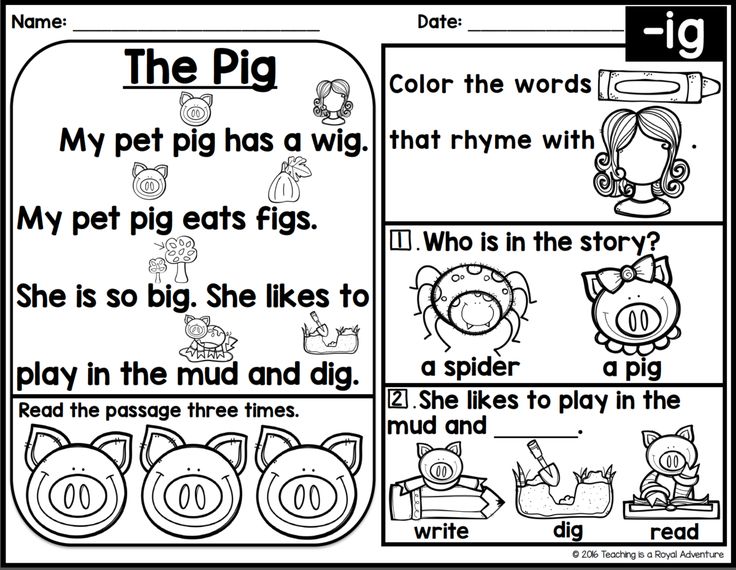 from Polish S. Mikhalkov
from Polish S. Mikhalkov
On the cheerful,
On the green
Horizon Islands,
According to scientists,
Everyone walks ... (on their heads).
In the mountains
On a scooter
They go there
Gobies… (in tomato)!
And one scientist cat
Even drives ... (helicopter).
Ya. Bezheva. "On the Horizon Islands", trans. from Polish B. Zakhoder
Lesson 2. Reading the story of S. Georgiev "I saved Santa Claus"
Purpose. To introduce children to a new work of art, to help them understand why this is a story and not a fairy tale.
Preliminary work. Having replenished the corner of the book with new collections of works, the teacher invites the children to find fairy tales, stories, poems. You can divide the children into three groups. The first group will select fairy tales, the second - stories, the third - poems. Groups of children will work in rotation, with each successive group looking at the books of the previous group(s) to determine if they have any of the items they want to select.
Lesson progress
The teacher evaluates the work of children (their diligence and conscientiousness). Then he looks through the first stack of books. It is better to start with collections of poems. Often children attribute fairy tales by A. Pushkin, K. Chukovsky to poetry. The teacher finds out whether this is legal, and to which group of works this or that book still belongs.
“This is a fairy tale in verse,” the teacher explains.
The next group of children proves that the books they have chosen are fairy tales (stories).
After evaluating the knowledge and intelligence of the children, the teacher reads to them S. Georgiev's story "I saved Santa Claus" (see Appendix). Then he is interested in whether they liked the new work, and whether it is a fairy tale or a story.
Svetlana Golubeva
The manual will assist in the formation of the syllabic structure, in improving the grammatical structure of speech and reading skills , vocabulary expansion, development phonemic perception.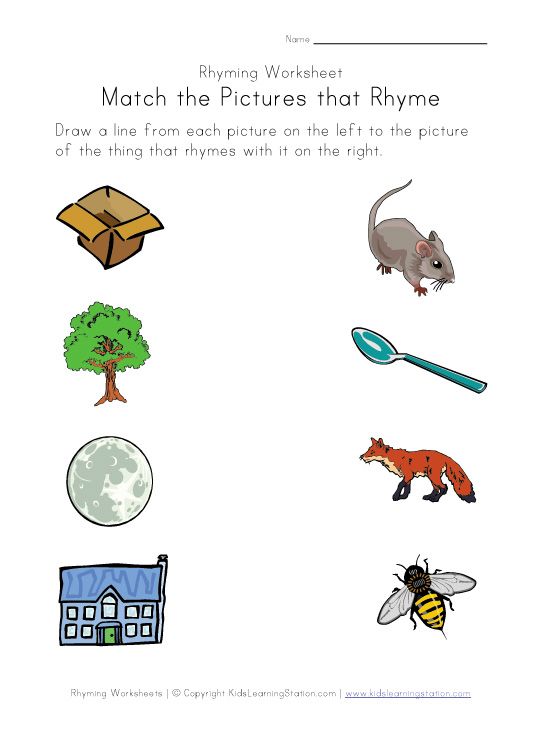
1. D/game "Choose a rhyme" .
Purpose : learn to pick up pairs of rhyming words; develop phonemic perception.
Game variant :
One of the players is spinning his disc , the other player selects a picture whose name sounds in rhyme. For example : bump-bear, etc.
2. D / game "Make a proposal" .
Purpose : teach children to make sentences of various types using given words; develop verbal creativity, fantasy.
Game variant :
Each player spins his disc , then in turn, the players come up with sentences with the words that matched on discs .
For example :
A girl stroked a little kitten.
The kitten was sitting on the girl's lap.
It is possible to discuss in advance what sentences should be (with prepositions, how many words, etc.)
The player receives a chip for a correctly composed sentence.
3. D / game "Choose a letter" .
Purpose : exercise children in determining the first sound in a word. To consolidate children's knowledge of the passed sounds and letters.
For each picture we select the letter with which the word begins. Having previously determined what the first sound is heard in the name of the picture.
4. D / game "Make a word" .
Purpose : Reading and composing disyllabic words.
Game options :
One child can form two-syllable words.
A teacher with a child or two children can play. One sets a syllable, the other picks up a second syllable to it to make a word.
Purpose: form an idea of the rhyme
Tasks:
Clarify the concept of tongue twister.
To develop diction in children.
Introduce the concept of "rhyme".
To teach to invent the simplest rhymes for words.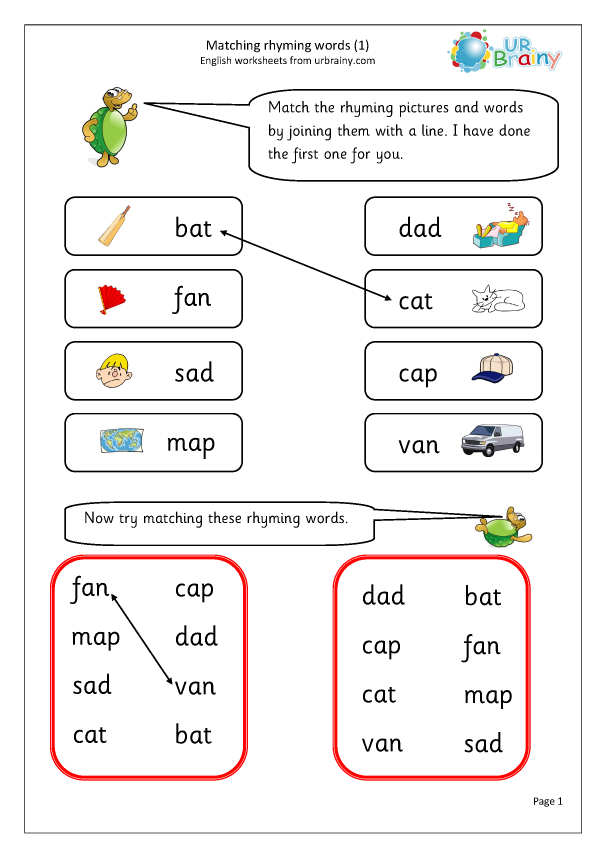
Learn to work together, together, amicably.
Materials and equipment : ball, cards from the book “Speech games game library. Issue 11. We play rhymes. Games for the development of phonemic perception»
1. Speech warm-up
Dictionary exercise: pronounce intonation, highlighting the highlighted word in turn:
We are playing with words - we compose together,
We play with words - we compose together ,
Our meetings are good, we have fun from the heart!
We play with words - we compose together,
Our meetings are good , have fun from the heart!
Children with teachers remember what a tongue twister is and why it is needed. Then they, at will, pronounce any tongue twisters.
And learn new ones:
Buying a parrot,
Buy without fear:
Frightened parrots
Wake up the whole neighborhood. (Heinrich Wardenga)
There was a drama at the ball:
Noble Cavalier
From under the nose of a noble lady
Stole one eclair.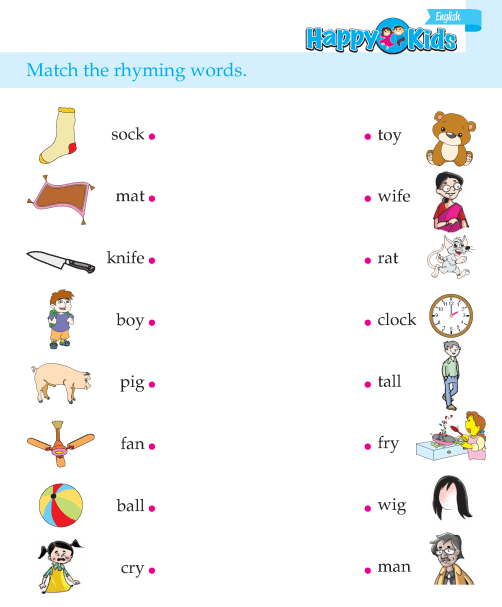
And another eclair,
And another eclair,
And one more eclair -
Here's your cavalier. (Peter Sinyavsky)
2. Speech situation
Conversation
Educator: Have you ever tried to become an echo? How does echo respond to questions? I'll ask, "What time is it now?" And is it for me?
Children: An hour! Hour!
Educator: That's right, "Hour!" That's how you are: if you become an echo, then answer the questions as it is. And to make it more fun, clap your hands when answering. The answer is two claps at the same time.
Caretaker (children)
Get ready, kids! (ra-ra)
The game is on! (ra-ra)
Don't be sorry for your hands (lei-lei)
Hand clap more fun (lei-lei)
What time is it now (hour-hour)
What time will it be in an hour (hour-hour)
And it's not true, there will be two (two-two)
Think, think, head (wah-wah)
How the rooster sings in the village (uh-uh)
Yes, not an owl, but a rooster (uh-uh)
Are you sure so (so-so)
How is it really? (how how)
What is twice two? (two-two)
My head is spinning! (wah-wah)
Is it an ear or a nose? (nose-nose)
(host holding ear)
Or maybe some hay? (carriage-carriage)
Is that an elbow or an eye? (eye-eye)
(presenter points to elbow)
But what do we have here? (us-us)
(leader points to nose)
You are always good (yes-yes)
Or only sometimes (yes-yes)
Do not get tired of answering (chat-chat) when answering “no” fine
Please be quiet (-)
Game over.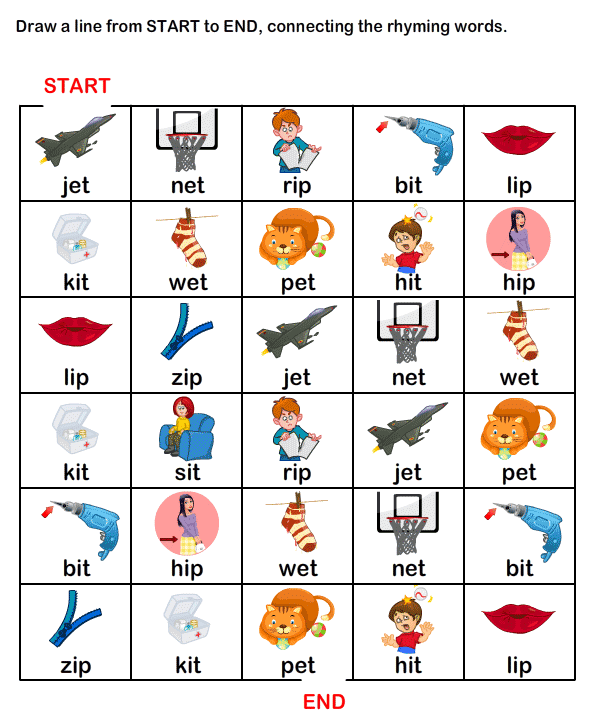 And those who have "blundered" and gave their phantom to the presenter are waiting for a fun task to be completed.
And those who have "blundered" and gave their phantom to the presenter are waiting for a fun task to be completed.
Educator: Since ancient times, people, writing proverbs, riddles, tongue twisters, tried to decorate these works of oral folk art, rhyming the ends of lines.
Thanks to rhyme, verses are collapsible. Rhyme is when words end the same way. For example, a cat - a spoon, a bump-mouse, a spruce-strand, a rose-mimosa, a sideboard-stool, an owl-head, a river-stove, etc. These words sound like the last syllables. Such ends of words are called rhymes.
Rhyme - consonance of the ends of poetic lines.
After that, the children find the rhyme in the poems "Firs" and "Vanechka the Shepherd"
Eli
Fir-trees on the edge
To the top of the sky -
I listen, they are silent,
Looking at grandchildren.
And grandchildren - Christmas trees,
Fine needles -
At the forest gate
Dance.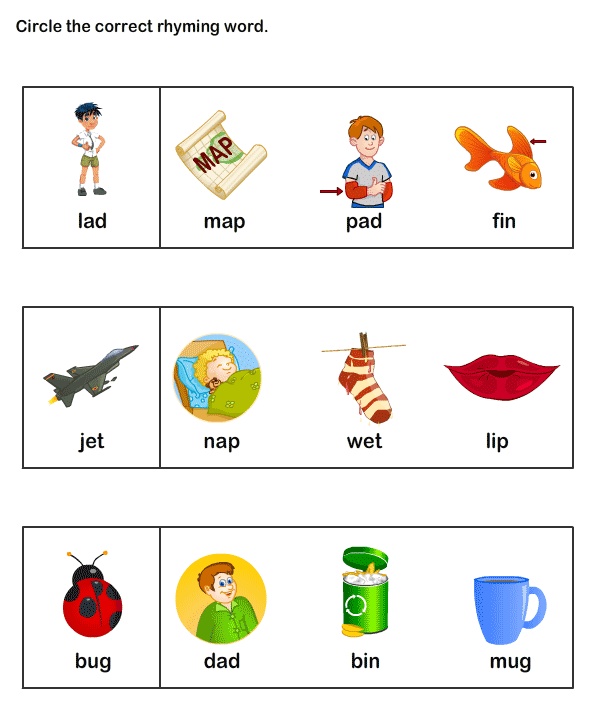 (Irina Tokmakova)
(Irina Tokmakova)
Vanechka is a shepherd
Sheep are standing in the meadow
Wool rolled into rings,
And plays for the sheep
A little man on the flute.
This is Vanya, the shepherd!
He has good hearing.
He hates the wolf too,
He won't hurt a lamb,
No matter what.
Vanya be a violinist! (Yunna Moritz)
Think of a rhyme game
Educator: Guys, I have a rhyming ball in my hands. Let's play rhyming words.
I ask the word, throw the ball, and whoever catches picks up a rhyme.
Friend (bow), crow (crown), business (boldly), barn (loaf), house (gnome), sleep (ringing), pillow (frog, bun, cheesecake, toy, girlfriend), path (bast basket, potatoes , cover, okroshka), pencil (jumble, hut, gouache, mirage, crew) ...
Find a Pair Game
Educator: Now look carefully at the pictures in front of you and find the words that rhyme with each other.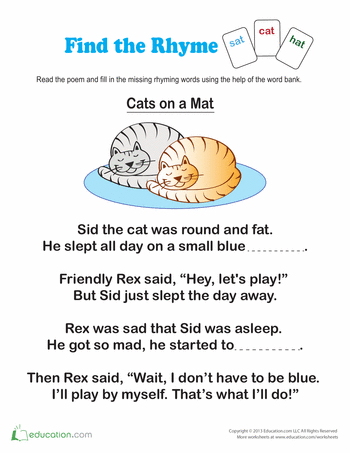
Educator: There is another game for you.
I will start poetry now
I will start and you will finish
answer in unison.
Gray wolf in dense forest
I met a red-haired ... (fox).
Where did the sparrow dine?
In the zoo with ... (animals).
A cock with a prickly hedgehog
Cut fat with a sharp ... (knife).
Not scratchy, light blue,
Hung in the bushes ... (hoarfrost).
In winter, there are apples on the branches!
Collect it quickly!
And suddenly - apples fluttered.
After all, this is ... (bullfinches).
Game "Suggest a word" based on a poem by John Ciardi.
About amazing birds
Outdoor
passerby
I saw yesterday.
He was carrying a box,
On the box
Written: “Game”.
I am two blocks away
followed him
(Believe me, I'm not lying).